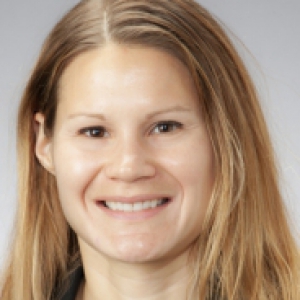Department of Ophthalmology
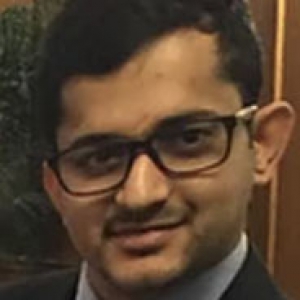
Wednesday, June 9, 2021
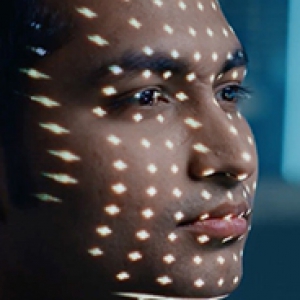
Monday, May 24, 2021
Using a protein found in algae, a new technology partially restored the sight of a completely blind man. He can now locate, identify and count objects using the treated eye while wearing specialized goggles.
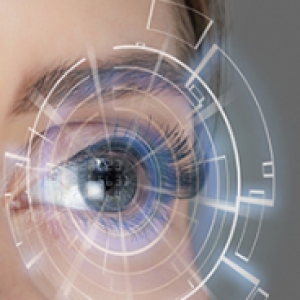
Thursday, February 25, 2021
Projects funded include vision research and treatments, the LifeX life sciences startup accelerator and vaccine research.
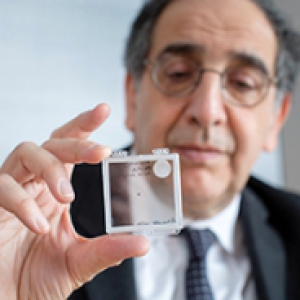
Wednesday, January 13, 2021
The University of Pittsburgh today announced a collaboration with the U.S. Food and Drug Administration’s Center for Devices and Radiological Health to help address the needs of the visually impaired through the expertise, facilities and research of the world-class School of Medicine’s Department of Ophthalmology.

Monday, September 28, 2020
Debasish Sinha will work with Astellas Pharma Inc. in a new research collaboration to address dry age-related macular degeneration—a common cause of vision loss.
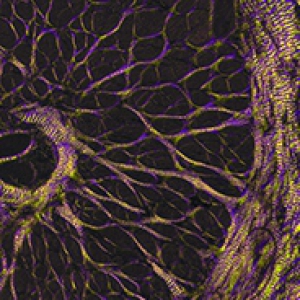
Tuesday, March 3, 2020
Ian Sigal, founding director of the Laboratory of Ocular Biomechanics in the University of Pittsburgh Department of Ophthalmology, surveys the ever-changing landscape of the eye.
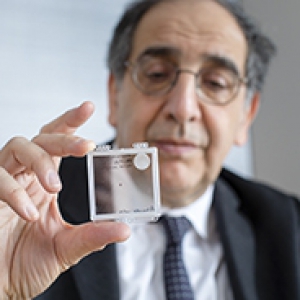
Tuesday, February 4, 2020
A new wireless retinal device called PRIMA, which is designed to restore sight in patients blinded by retinal degeneration, was implanted for the first time in a patient in the United States by UPMC doctors.
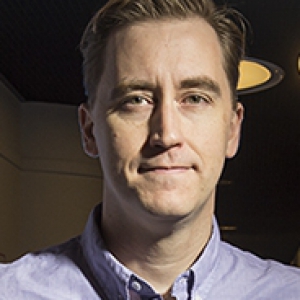
Monday, January 29, 2018
Matt Smith, an associate professor of ophthalmology, is studying how the brain and visual stimuli interact in an effort to help people with conditions such as attention deficit disorder.
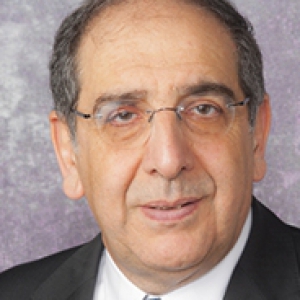
Wednesday, September 20, 2017
The Pitt-Paris agreement will enable closer collaboration on research to treat optic nerve problems and age-related eye conditions.


